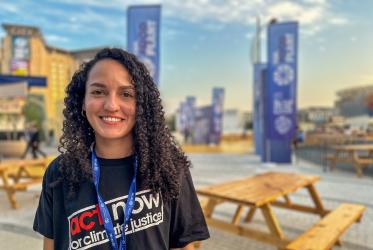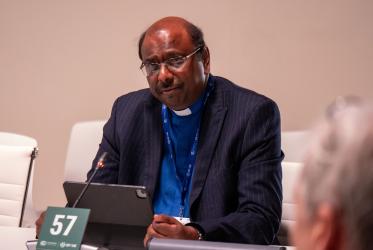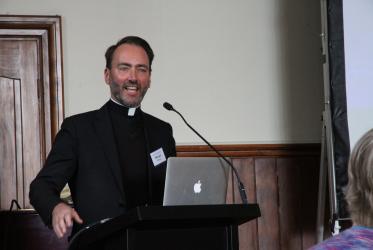Displaying 1 - 20 of 91
Is health the same for all?
17 April 2024
What can churches do to prevent modern slavery?
22 February 2024
At COP28, WCC general secretary hopes for “less talk and more walk”
01 December 2023
“They want to live without fear and constant harassment”
25 October 2023
Chateau de Bossey thriving as lives are transformed
08 September 2023

















